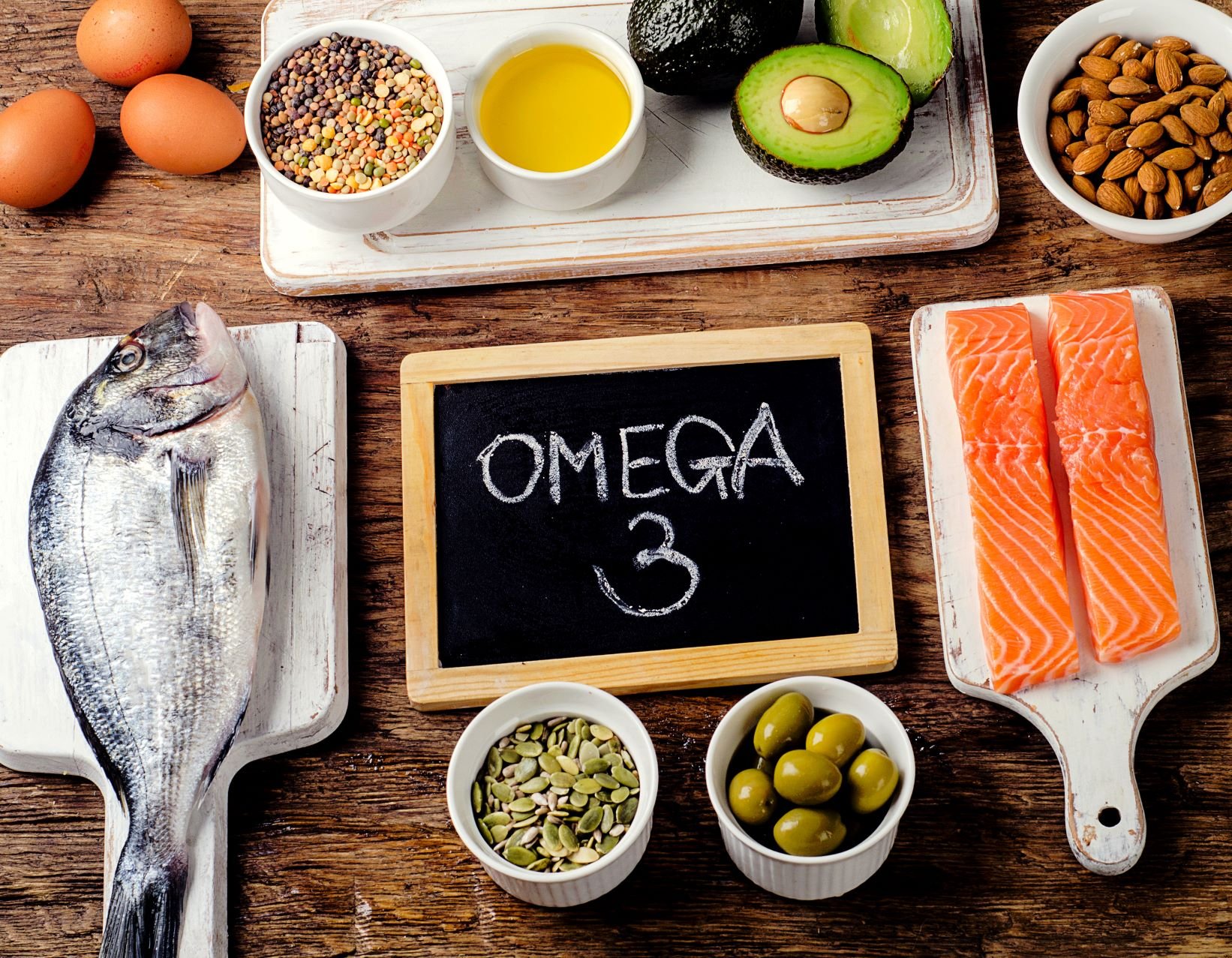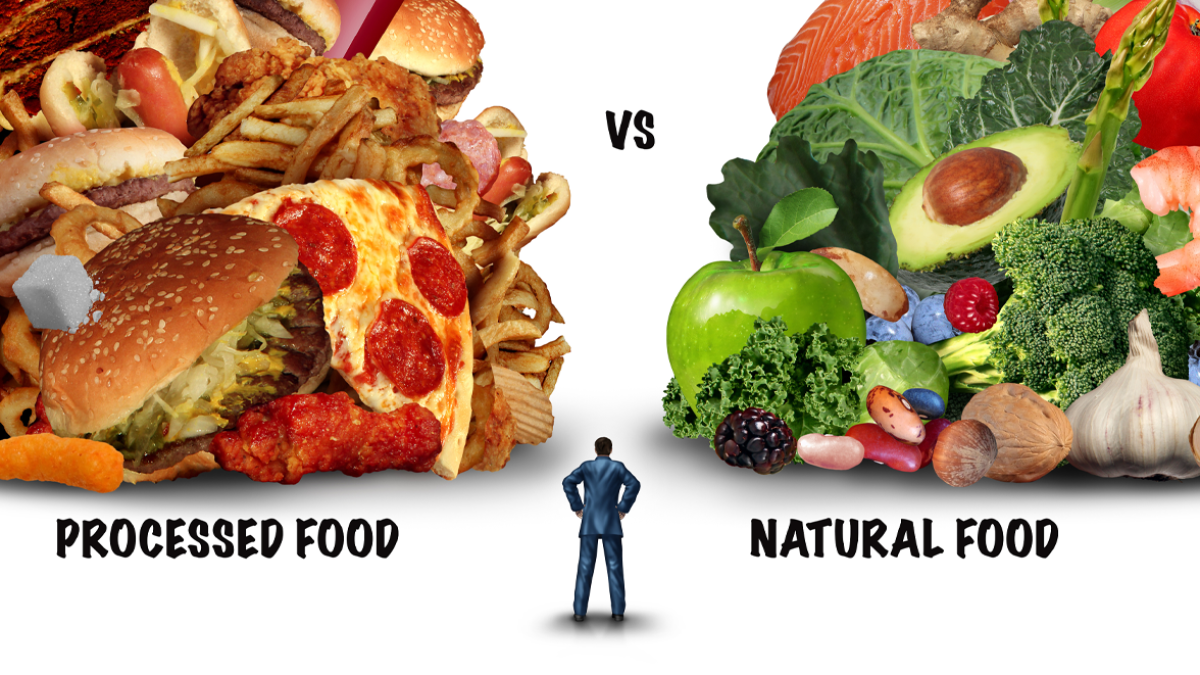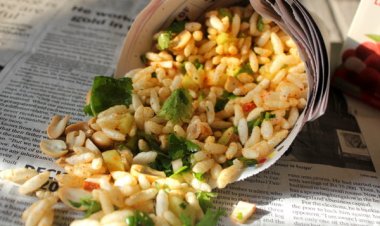Surprising Diet Tips That Will Protect Your Lungs From Pollution
Discover unexpected diet tips to safeguard your lung health from pollution, offering surprising ways to enhance your body's natural defenses against environmental threats. 1

The thrill of a new season and its many festivities is in the air, thanks to the chill in the air. We are getting closer to our beloved light festival and the time of year when pollution levels in India are expected to rise. The quality of the air is frequently compromised during this period, which presents a serious risk to respiratory health. But safeguarding our priceless lungs is essential. We've compiled a list of vital dietary guidelines, dos and don'ts to assist you take care of your lungs during this difficult time and fully enjoy the festivities.
How are the lungs affected by diet?It is critical to safeguard your lungs due to India's increasing pollution levels. One important factor in strengthening your respiratory health is what you put in your diet. Lung illnesses can be prevented by eating a balanced diet rich in nutrients, especially foods strong in antioxidants like vitamins C and E.
This helps fight oxidative stress.How can pollution prevent damage to our lungs?We need to provide our lungs with the best protection possible. It begins with maintaining a clean environment, avoiding locations that are heavily polluted, and eating a healthy food. In order to maintain the health of your lungs in the days ahead, you need to start observing these dos and don'ts right away.
Five Dietary Suggestions to Improve Lung Health
1. Hydrate with Intention

Keeping your lungs healthy requires that you stay well-hydrated. By keeping the mucus in your airways thin, drinking adequate water facilitates the removal of pollutants from your body. Green tea, herbal teas, and warm water with honey are all great options. Green tea may assist to enhance lung function, according to a study published in the American Journal of Respiratory and Critical Care Medicine.
2. Fill Up on Antioxidants
Rich in antioxidants like vitamins C and E, fruits and vegetables can shield your lungs from the oxidative stress brought on by pollution. Nuts, spinach, berries, and oranges are all great sources. A study that was published in the International Journal of Chronic Obstructive Pulmonary Disease suggests that better lung function is associated with a higher consumption of antioxidants.
3. Fatty Acids Omega-3

Fatty acids Omega-3. Because of their anti-inflammatory qualities, these good fats may help lower the risk of lung illnesses. Walnuts, flaxseed, and fatty fish like salmon and mackerel are suggested by nutritionist Neha Sahaya.
4. Spices for Defense
Frequently used in Indian cooking, spices like ginger, turmeric, and carom seeds have strong anti-inflammatory properties. They can aid in reducing the irritation in your airways caused by pollution. According to nutritionist Rupali Datta, spices like ginger "break down mucus, which facilitates breathing." Additionally, spices reduce inflammation in the lungs and enhance blood flow to them." Neha Sahaya, a nutritionist, advises taking turmeric, garlic, and ginger on a regular basis.

5. Fibre-Rich Foods
Whole grains, beans, and lentils are examples of foods high in fiber that can help clear your system and remove toxins. Lung function is supported by a high-fiber diet in addition to general health. According to an American Thoracic Society study, persons who consume a diet high in fiber have improved lung function.
Are Your Lungs Being Hurt by Your Diet?

1. Refrain from Sugary Drinks
Dietitian Garima Goyal advises against consuming an excessive amount of fruit juice, energy drinks, and sugary sodas. These sugary beverages might aggravate your respiratory system by causing inflammation and weight gain. Instead, go for unsweetened liquids, herbal teas, or water.
2. Cut Back on Processed Foods

Trans fats, which can lead to inflammation in the body, are frequently found in high concentrations in processed meals. This inflammation may have a negative impact on your lung health. Choose whole, fresh meals whenever you can.
3. Cut Back on Dairy Intake
Some people may be more sensitive to dairy, which might cause their mucus production to rise. If you find that eating dairy makes it harder for you to breathe, you should think about cutting it out of your diet. Almond or soy milk, two plant-based milk substitutes, might be great options.
4. Reduce Your Use of Alcohol, Caffeine, and Smoking
Dietitian Garima Goyal advises abstaining from alcohol and caffeine. They have the potential to dehydrate you, which makes it more difficult to keep your mucus levels in check. "Alcohol contains sulfites, which can worsen symptoms of asthma," she reveals.
5. Be Aware of the Sodium
You Eat Consuming too much salt can cause edema and fluid retention in the body, which can impair the effectiveness of your lungs. Pay attention to the amount of sodium you eat and read food labels, especially when dining out.
You can protect your lungs from the damaging effects of pollution by adhering to the dos and don'ts we've listed. Recall that you are responsible for your own health. A doctor should always be consulted before making any dietary additions.












